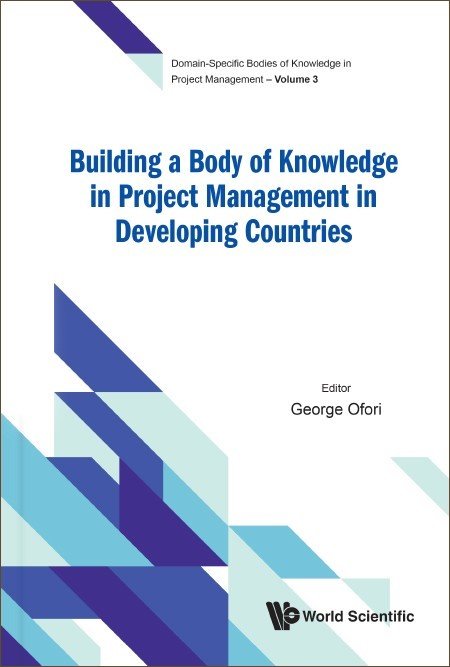Chapter 4: Project Management and International Development: The Nexus and the Future of Project Management in Developing Countries
Developing countries need a range of projects to foster their long-term national progress in every sphere: economic, social, environmental, institutional, and physical. Thus, the efficient management of projects is of particular importance to these countries. This is underscored by the fact that these countries lack the financial capacity and managerial and technological capability to bear the consequences of poor performance in the management of projects. However, as discussed in Chapter 2 of this book, the results of projects in the developing countries are poorer than those in their industrialized counterparts. Whereas there are gaps in provision of all types of buildings and infrastructure in developing countries, a great deal has been built. What are the lessons from the projects that have been completed? In particular, what does the well-documented experience on international projects teach researchers and practitioners about the traditional approach to project management?
This chapter explores project management performance in the developing countries using, in particular, international development projects on which there is a good volume of literature. It is shown that many factors in the context of the developing countries make the application of the existing approach to project management inappropriate. The possible synergies between international development and project management are explored. This shows that the body of knowledge on, and the practice of, project management should be decolonized. A tentative attempt is made to lay out what the nature of the decolonized project management field of knowledge would look like.


